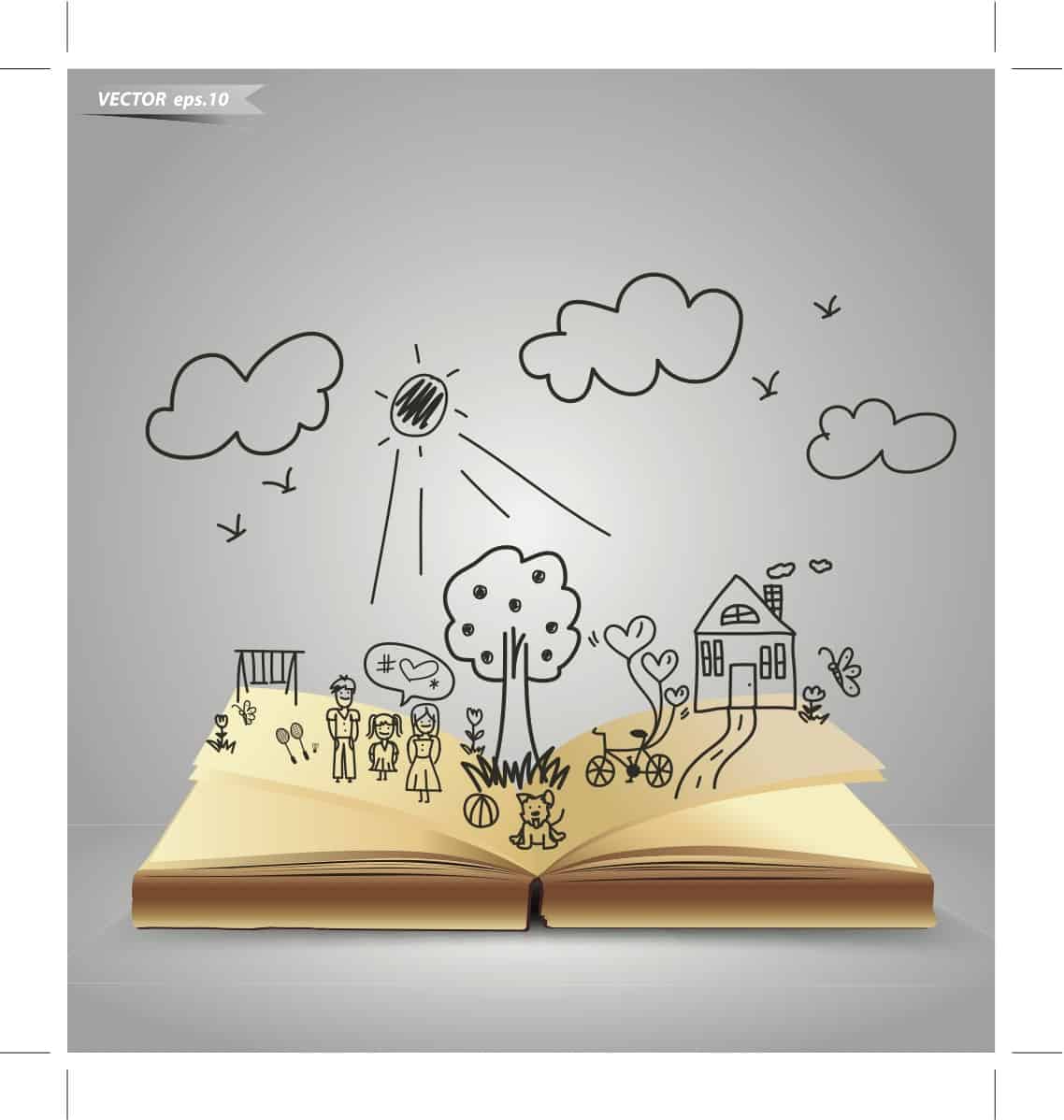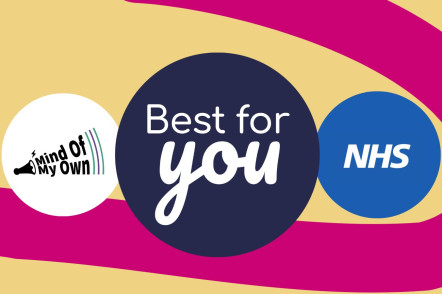It’s my life story
Life story work is an essential social work intervention, particularly for children in care. Inspectorates recognise the importance of life story work and this is seen widely in their judgements. Life story work should not be seen as a ‘one off’ piece of work, but something that is continually revisited throughout a child’s life and at key developmental stages. It helps a child to understand their past, present and future and provides key meaningful information for those children who return later in life, to understand their journey. The life story as a truthful narrative is essential when it comes to shaping a person’s identity and reinforcing a sense of self, which is explained in more detail here
Everyone should be involved
Everyone who has a part to play in children and young people’s lives should be involved: family, social workers, carers, teachers, managers and most importantly children and young people themselves – after all, children are the experts in their own lives. Mind of My Own provides digital participation tools to help children and young people to do this: bringing their experiences to life in their own words (also described here). Every time a child uses Mind of My Own it can help to do this, but some aspects of the apps have been specifically designed to help build life story work.
In the One app:
My Life
enables children and young people to highlight not only what is good in their life at certain points but also those things that are not good; how they feel about where they live and things that they would like to be different – all key information for life story work.
Share My Good News
not only enables children and young people to share what they believe to be significant good news stories and events in their lives but also helps them to share how they feel about their good news, providing key insight into the child’s world.
My Wellbeing
helps children and young people to share vital information for life story work that can help them to make sense of their identity; deal with separation and loss; develop a sense of security and permanence; and build self-esteem and resilience. These are important areas of this work (Rees, 2009).
In Express, which is for younger children and those with additional needs:
Me in My Own Words
collates key information about a child or young person’s life into an attractive summary: what the child likes; dislikes; what they are good at and how they feel. Again this gives a unique insight into the child’s world that not only provides key information for life story work but also adds context from the child’s perspective.
My Life
helps to build key information about the child’s relationships: who they love; where they feel safe; what worries them and anything that would make their lives better.
Express also includes a photograph of the child and anything the child wishes to share such as photographs of other people; work they are proud of; drawings etc. This can be used in a life story book so the child has a tangible record of their life in care.
Promoting the voice of children is a key social work responsibility. Mind of My Own provides you with tools to do this, so please encourage young people to use Mind of My Own as part of their life story work.
Everyone is necessarily the hero of their own life story
(John Barth)
By Natalie Trentham, Expert Consultant and Trainer




